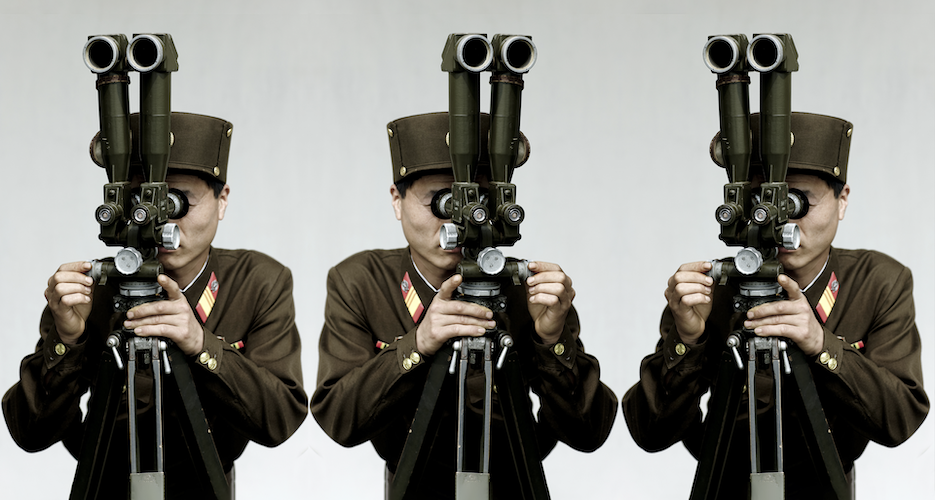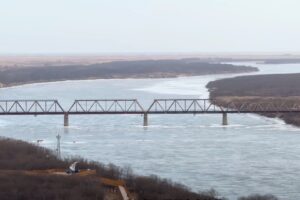On South Korea’s coasts, reminders of North Korea’s proximity are everywhere for miles south of the border: military guard posts overlooking sprawling beaches, rows of barbed-wire fences, warnings about washed-up mines.
Yet looking out from these shores at night, it’s hard not to wonder whether North Korea might still be sending spies into the ROK through these beaches, like when it inserted 26 soldiers by submarine in the mid-1990s. Not only are South Korean beach guard posts often unattended at night, but there is little physical infrastructure on large sections of the South Korean coastline to physically stop would-be intruders.
On South Korea’s coasts, reminders of North Korea’s proximity are everywhere for miles south of the border: military guard posts overlooking sprawling beaches, rows of barbed-wire fences, warnings about washed-up mines.
Yet looking out from these shores at night, it’s hard not to wonder whether North Korea might still be sending spies into the ROK through these beaches, like when it inserted 26 soldiers by submarine in the mid-1990s. Not only are South Korean beach guard posts often unattended at night, but there is little physical infrastructure on large sections of the South Korean coastline to physically stop would-be intruders.
Try unlimited access
Only $1 for four weeks
-
Unlimited access to all of NK News: reporting, investigations, analysis
-
Year-one discount if you continue past $1 trial period
-
The NK News Daily Update, an email newsletter to keep you in the loop
-
Searchable archive of all content, photo galleries, special columns
-
Contact NK News reporters with tips or requests for reporting
Get unlimited access to all NK News content, including original reporting, investigations, and analyses by our team of DPRK experts.
Subscribe
now
All major cards accepted. No commitments – you can cancel any time.











